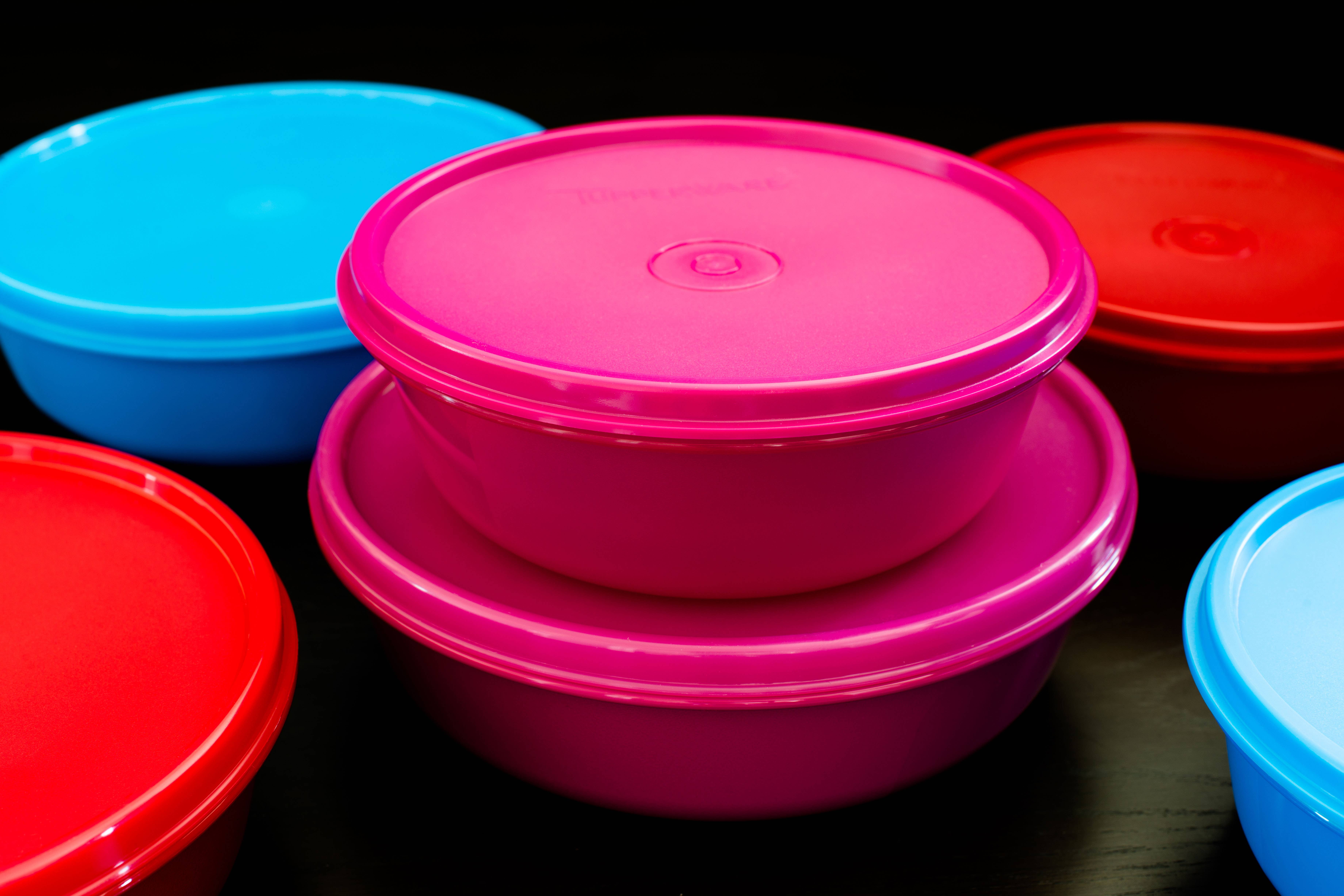Iconic homeware brand Tupperware files for bankruptcy with $700m debt
Tupperware is sold in almost 100 countries and appeared on Queen Elizabeth II’s breakfast table

Your support helps us to tell the story
From reproductive rights to climate change to Big Tech, The Independent is on the ground when the story is developing. Whether it's investigating the financials of Elon Musk's pro-Trump PAC or producing our latest documentary, 'The A Word', which shines a light on the American women fighting for reproductive rights, we know how important it is to parse out the facts from the messaging.
At such a critical moment in US history, we need reporters on the ground. Your donation allows us to keep sending journalists to speak to both sides of the story.
The Independent is trusted by Americans across the entire political spectrum. And unlike many other quality news outlets, we choose not to lock Americans out of our reporting and analysis with paywalls. We believe quality journalism should be available to everyone, paid for by those who can afford it.
Your support makes all the difference.Historic homeware brand Tupperware has filed for bankruptcy in the United States.
The Orlando-based Tupperware Brands Corporation said launching bankruptcy proceedings was the “best path forward” after exploring “numerous strategic options” to stay afloat despite debts of more than $700 million.
The business – famous for its airtight storage containers that were used by Queen Elizabeth II to store breakfast cereal – was developed in 1946 by Earl Tupper in Leominster, Massachusetts.
He developed plastic containers to contain food and keep it airtight, which featured a then-patented “burping seal”.
In June the company announced it was laying off 150 workers at a US factory and moving to Mexico to take advantage of lower wages there.
Chief executive Laurie Ann Goldman said: “Over the last several years, the company’s financial position has been severely impacted by the challenging macroeconomic environment.”
Earlier this year, the troubled firm said it was trying to secure financing from investors as it was at risk of going bust. It now plans to seek approval from a US court to find a buyer for the business who could protect the brand.
Tupperware, which enjoyed explosive growth in the mid-20th century, was well-known for its Tupperware parties, which were first held in 1948. These encouraged women to host parties and sell the products to friends and neighbours in their homes. It was popularised by saleswoman and marketer Brownie Wise, who helped develop the “party plan” marketing scheme now used by businesses such as the makeup brand Avon.
Tupperware today describes itself as empowering female entrepreneurship through social selling.
But the brand struggled in the years leading up to the pandemic, during which it enjoyed a brief resurgence as people stuck at home began cooking and saving leftovers more.
Before its pandemic resurgence, Tupperware had negative sales growth for three consecutive years, according to FactSet.
Its model has been widely emulated by rival brands and supermarket own-version food containers, which often retail at lower prices.
“Whether you are a dedicated member of our Tupperware team, sell, cook with, or simply love our Tupperware products, you are a part of our Tupperware family,” Ms Goldman said.
“We plan to continue serving our valued customers with the high-quality products they love and trust throughout this process.”
Join our commenting forum
Join thought-provoking conversations, follow other Independent readers and see their replies
Comments